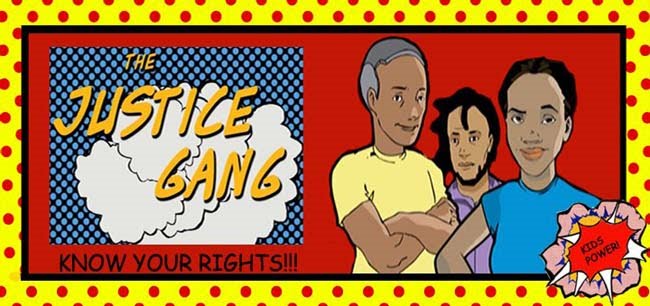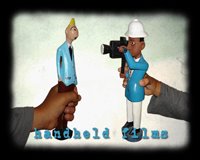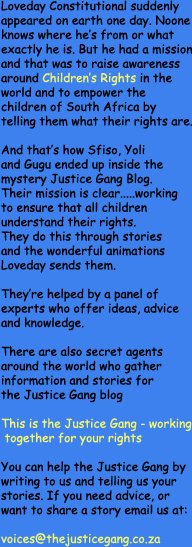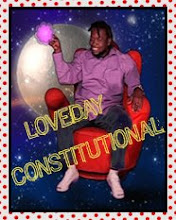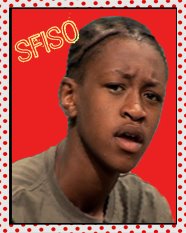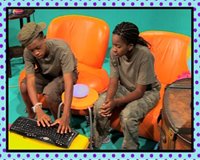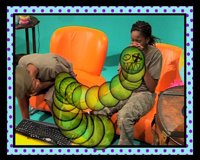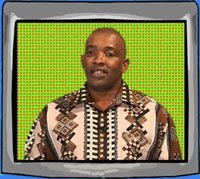The other day Gugu found a quote by Mahatma Gandhi, “Be the Change you want to see in the World.” This got us thinking that if you want things to change you have to DO something about it. If you want to have a positive future you have to make it happen. It seems like there’s so much that needs changing in this world it’s hard to know where to begin, but it helps if you narrow things down and set goals. And, it helps even more if you set SMART goals.
SMART Goals
Specific - we need to say exactly what we want to do
Measurable - Measurable means we should have a measure that can help us know if we’ve been successful
Achievable
Realistic - Achievable and Realistic are pretty much the same thing. It means that your goals must be possible
Timely - we need to set a time limit for doing what we want to do
DID YOU KNOW:
In 2000, nearly 200 leaders from around the world got together and signed the Millennium Declaration. By signing this declaration these governments showed that they want to do something to improve the world, bring about peace and make sure human rights are respected. This document set out eight important goals that these governments want to achieve by 2015. These goals are called the Millennium Development Goals.
Goal One: End extreme poverty and hunger
Goal Two: Ensure all boys and girls complete primary school
Goal Three: Make sure girls and women are treated the same as boys and men
Goal Four: Reduce the number of babies that die of preventable diseases
Goal Five: Improve the health of pregnant women and mothers
Goal Six: Reverse the spread of HIV/AIDS and other diseases like Malaria
Goal Seven: Protect the environment for future generations
Goal Eight: Develop global partnerships to solve world problems.

For each of these goals, measures of success have been developed. For example to see whether a country has reduced poverty and hunger, the number of babies that die each year is counted. Every year the United Nations publishes a report, which looks at whether the world is better off. In some countries there has been progress but in many others the quality of life for poor people is getting even worse!
To find out more click here, it will take you the Unicef website
It's scary to think that for the first time in the history of the planet we humans have what it takes to either destroy the planet or make sure it survives. We have both the knowledge and the money to achieve all of these Millennium goals. Now we need the voices to make sure the money goes to the right things, and our generation can play an important role here.

 Even though we are children we can help to build a positive future by making sure that our voices are heard and by joining up with others to work towards a better world for all.
Even though we are children we can help to build a positive future by making sure that our voices are heard and by joining up with others to work towards a better world for all.We are the generation that can end world poverty. Let’s not miss the opportunity to get involved.
 Young people are affected by each of the Millennium Development Goals and you are responsible for their achievement too!
Young people are affected by each of the Millennium Development Goals and you are responsible for their achievement too!What can you do to help?
You can spread the word – start an awareness campaign to tell people about the goals and how important they are to young people.
Hold a fundraiser for an organization that is working to help achieve one of the goals.
Write a petition – send it to the government and let them know how you feel.
Don't forget to send us your comments, or let us know if we can help you. We would really love to hear from you.

Well, that it from me for this week, Gugu will be back soon with our next post.
Bye for now
Sfiso
